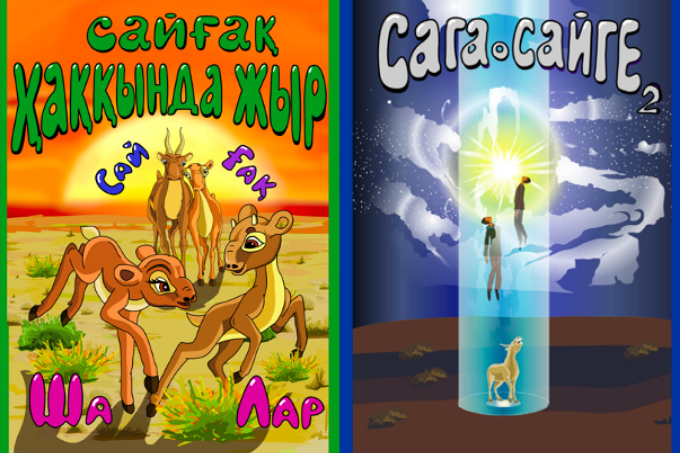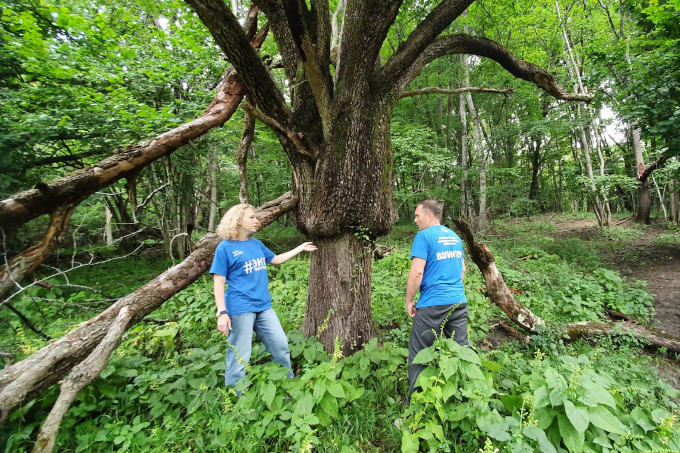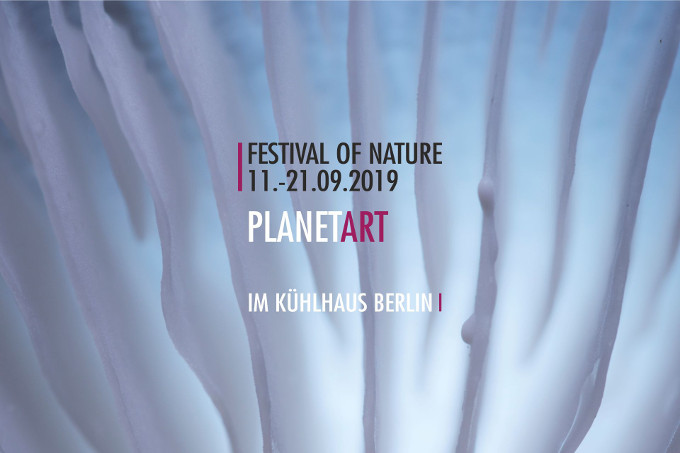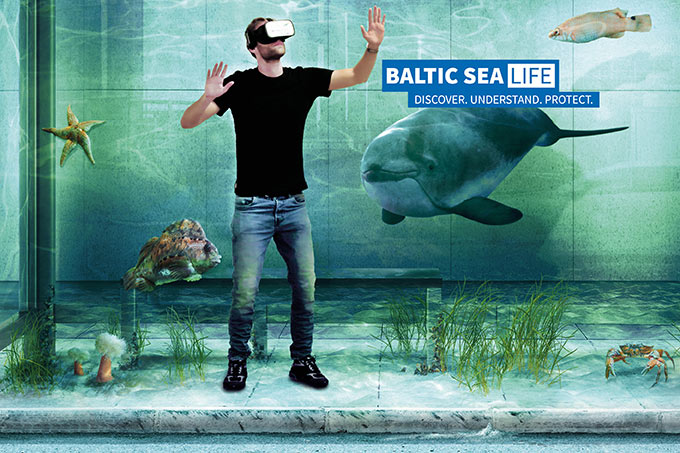Environmental Education
Preparing the next generation for the challenges ahead
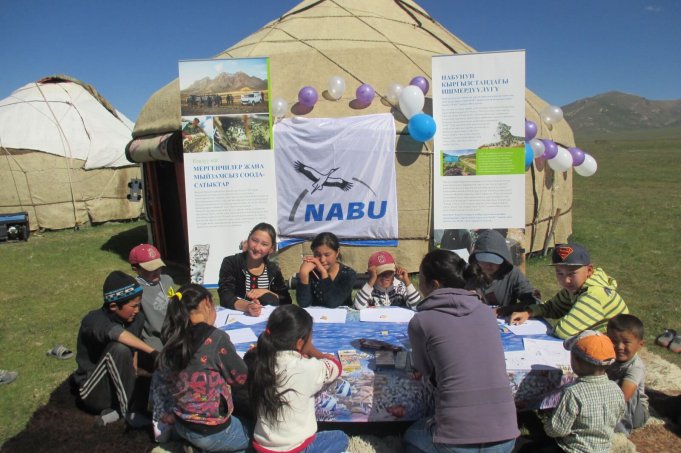
Pupils at our educational center in Kyrgyzstan - photo: NABU Kyrgyzstan
One of the most important problems of our time is human interaction with nature. An essential aspect in solving the problem of conservation of natural resources is the education of people about ecological matters, especially the younger generation.
The ecological problem grows into a problem of harmful human impact on nature which needs to be transformed into conscious and purposeful interaction with it. Such interaction can only be carried out if each individual has a sufficient level of environmental knowledge and eco-consciousness, the formation of which begins in early childhood and continues throughout life.
Improving access to environmental education
Our modern youth is entering an era of not only rapid development of science and technology, but are also witnessing the negative consequences of the scientific and technological revolution along with a demographic explosion. Increasing pollution of the atmosphere, hydrosphere and lithosphere, the accumulation of huge amounts of waste of human activity while depleting almost all kinds of natural resources have led to the development of an environmental crisis.
Mankind needs a new philosophy of life, a higher ecological culture and consciousness. Environmental education forms a worldview aimed at ensuring environmental protection and provides a strong moral stance, which consists of a set of environmental knowledge, thinking, ethics, and culture.
NABU aims to improve access to environmental education at all levels and in all social contexts. The goal is to transform society by reframing education and help people develop knowledge, skills, values and behaviors needed for sustainable development. Sustainable development issues, such as climate change and biodiversity are to be included into teaching and learning. Individuals are encouraged to be responsible actors who resolve challenges, respect cultural diversity and contribute to creating a more sustainable world.
At NABU, we are applying various techniques and channels for knowledge transfer depending on cultural context, the respective target group, and their needs:
➣ building of local educational centers (e.g. Kyrgyzstan)
➣ development of teaching material
➣ influencer and multiplier education
➣ training for teachers
➣ educational events for visitors of protected areas
➣ PR
➣ exhibitions
➣ keynote speeches
➣ film-making
➣ contests
➣ visitor information centers
➣ immersive nature experiences
Insights into the work of our partners
Environmental education for Responsibility for Creation
Eco-Educational activities with Roma community
what we do
The Saiga antelope had been near extinction in the past three decades. Intensive poaching had caused a population collapse. The species is now recovering due to a massive conservation effort. NABU supported this recovery with creative youth media. more →
The Circassian orchards in the North Caucasus are living witnesses to an almost forgotten tradition of fruit cultivation. NABU worked with the local population to protect these valuable habitats and encourage the revival of this traditional land use. more →
Eleven days during Artweek Berlin 2019 to let art and nature meet. More than 30 artists from Spain, Germany, Russia, Norway, Zimbabwe and many other countries. Concerts, readings, talks: the festival offered a full programme in addition to the exhibitions. more →
The Baltic Sea is a very special marine environment – a fascinating world that features both fresh and saltwater systems. Join us for a virtual dive to the mysterious underwater world and experience its diversity and fragility. more →

